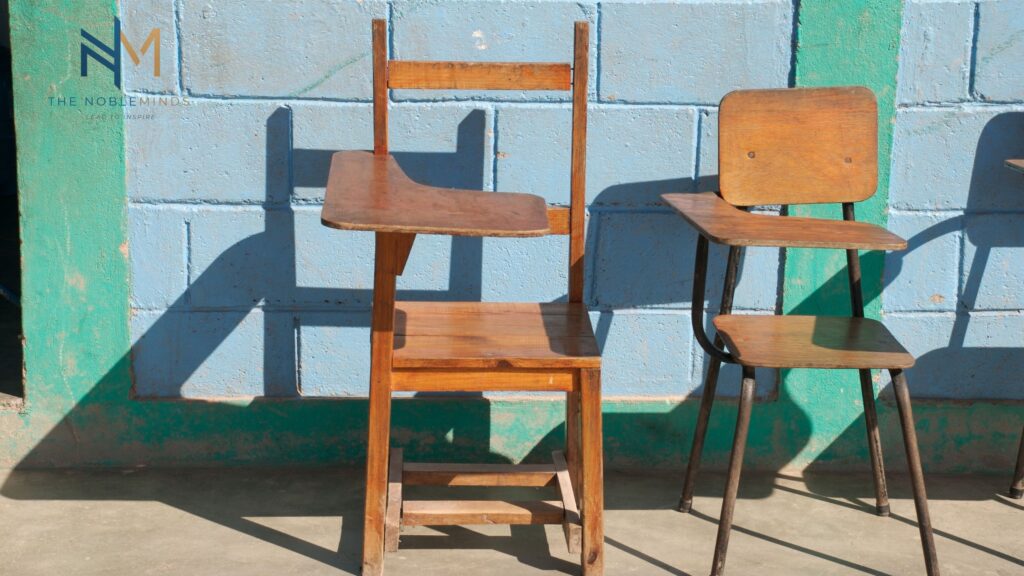Breaking the Chains of Poverty: A Journey of Resilience and Hope
NORBERTO V. CASABAL
If poverty were a battlefield, I must have been one of the valiant warriors who fought the greatest fight. If it were a story, I must have been one of its toughest characters. If poverty were a teacher, I must have been one of its bravest students.
The Reality of Poverty and Its Lasting Impact
Poverty is one of the most heartbreaking experiences anyone can endure. It shapes individuals, molding them into who they become. My story is one of resilience, determination, and hope.
Growing up in a downtrodden community in the 1980s, my childhood was an amalgamation of hardship—days with an empty stomach, nights studying under a kerosene lamp, and hours selling street food to make ends meet. My mother was a “labandera,” and my father a “kubrador ng jueteng.” I was a boy on the streets, deprived of convenience, comfort, and security.
The True Opposite of Poverty
Contrary to popular belief, the opposite of poverty is not abundance—it is apathy. It is not simply a lack of employment but the absence of empowerment. It is not just about limited opportunities but the presence of indifference. Poverty is not a choice; it is a consequence of social divisiveness, fueled by neglect and a lack of opportunities.
The best weapon against poverty is motivation and a relentless pursuit of self-improvement. Every night, I embraced my dreams, and every morning, I chased them.
Education as a Path to Freedom

I recall the moment my father told me, “Anak, hindi ka na namin kayang pag-aralin.” With resolute determination, I responded, “Hindi ‘tay, basta, mag-aaral ako.”
Like Santiago in The Alchemist, I embarked on a journey to chase my personal legend. Education became my defense against adversity, my tool for transformation. As Eleanor Roosevelt once said, “The future belongs to those who believe in the power of their dreams.” For me, it was a battle between poverty and my aspirations—with hard work as my bridge to success.
Empowering the Poor Through Opportunities
The poor do not merely seek survival; they long for a higher purpose in life. They need opportunities for self-reliance, empowerment, and dignity. The real question is, where has our social responsibility gone? Are we willing to extend a helping hand and share our time, resources, and talents with those in need?
Poverty cannot be eradicated overnight. It requires persistence, perseverance, and determination. When my courage wavered, I found solace in reconnecting with my inner strength. Education was my ultimate antidote to poverty—it empowered and emancipated me. At the end of every storm, there is a silver lining; beyond the hardships, a pot of gold awaits.
Understanding the Root Causes of Poverty
According to research, poverty stems from slow economic growth, overpopulation, and weak employment generation. However, Shaffer (2008) argues that poverty is not just a lack of resources but a deprivation of social recognition, coupled with vulnerability, inequality, and human rights issues.
Beyond statistics and reports are untold stories of fragile yet fractured futures—lives overshadowed by an indifferent society. Have we truly listened to the poor? Or are we merely entranced by political rhetoric during campaign seasons, where “pro-poor” narratives are used as tools for persuasion?
Breaking the Cycle of Poverty
Raising awareness about poverty is not enough; it must lead to action. While the educated and privileged may understand poverty as a state of powerlessness, real change comes from challenging societal norms and working hand in hand with those affected.
To break the cycle of poverty, we must shift our mindset. We must focus on empowering the poor, creating opportunities, and fostering collaboration. If we fail to act, poverty will continue to be passed down to future generations.
Let this be our call to action. Let us challenge the status quo, break the chains of poverty, and build a society that empowers, uplifts, and transforms lives. Because poverty should never be a destiny—it should be a challenge that we overcome together.
Read Also: The Making of a Teacher
